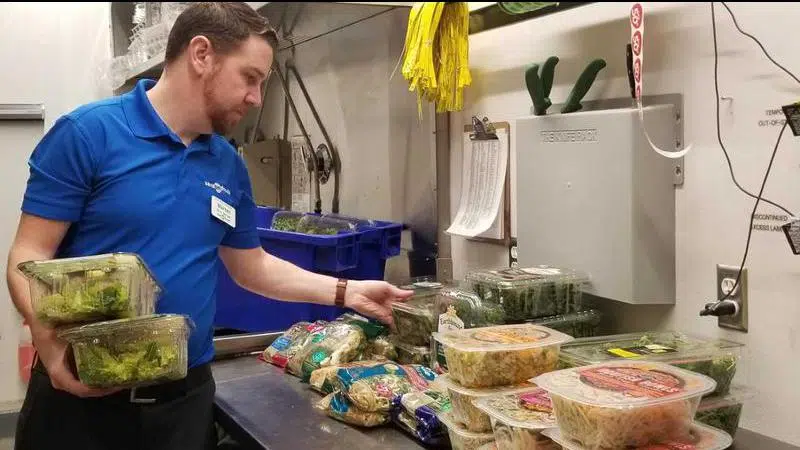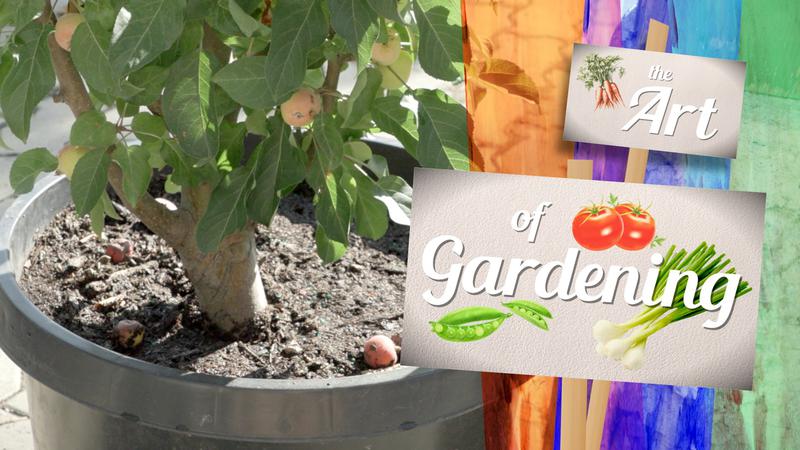
Save-on-Foods expands waste reduction program
KAMLOOPS — A goal that was expected to take six years has been met and exceeded in just six months by Save-On-Foods.
The Western Canadian grocery chain cut its food waste in half over that period, working with B.C.-based organizations FoodMesh and Loop Resource and in partnership with Food Banks BC and other charities.
Eighty-six Save-On stores – more than half of its locations – are now diverting 100 per cent of their unsalable perishable food from landfills.


